2010 Finalist for the Trillium Book Award for Poetry
Through the prism of a marginal child puzzled about her true identity, The Cuckoo’s Song / Le chant du coucou, a collection of 63 poems in English and French, adds vivid flourishes to the drab canvas of the Great Depression and celebrates the indomitable spirit of the men and women who joined the Gold Rush to Val d’Or in Northwestern Quebec, in the 1930s and ‘40s. The community they carved in the wilderness of the Canadian Shield, diverse and inclusive, their struggles, their joie de vivre—filaments of gold in the poet’s memory
In this rich first collection, Jacqueline Borowick recreates the gold rush years in Val d’Or, Quebec and shares with us a memorable cast of local characters from street buskers, nuns, and priests to an eclectic assortment of boarders living in the poet’s childhood home. An astute observer of people and of the natural world, Borowick crafts poems that hum with the music of birds, instruments and voice through carefully chosen words, images, and rhythms. From Val d’Or Borowick takes us to Toronto and to moments of spiritual revival and insight – a poetic journey that resonates with wit, wisdom, and compassion.
—Merle Nudelman, poet/author of Borrowed Light and We, the Women
Behold the lost world of Val d’Or, Québec, rendered vividly in Jacqueline Borowick’s mature debut collection, The Cuckoo’s Song/Le Chant de coucou. Revisit the poet’s childhood home, where she was raised during the 1930s and 40s as the cherished, adopted child of unconventional parents. Embrace the harsh, snowbound landscape, peopled by transients who seek fortune in the mines of northwestern Québec. Huddle round the black-bellied cast iron stove for warmth and nourishment. The heady promise of Québec’s Gold Rush is powerfully evoked in this series of poems that shows Borowick’s wisdom and compassion. Hers is a knowing voice that appreciates the fleeting pleasures of life – a robin’s enchanting song, a tender tropical breeze, a jewel-toned rug – and accepts the inevitable passage of time. Jacqueline Borowick’s redemptive vision celebrates human tenacity in the face of extreme hardship.
—Ruth Panofsky, poet/author of Lifeline and Laike and Nahum: A Poem in Two Voices
Every poem in Jacqueline Borowick’s The Cuckoo’s Song is carefully sustained in tone, imagery, and feeling. The voice in these poems is intimate, tender, gentle, a voice that honours the lives of others, that calls out their memories, refusing to let them slip away. There is a hopeful sense of rhythm in these intricately composed poems, a measure of human vitality and vigour. In the process of writing, in the journey of finding our way in the world in words, we write many stories, and some are happy and some are sad, and most stories linger in the spaces between joy and sorrow. Jacqueline knows the world with a generous and grateful attending that is never sentimental, but always heartful. Above all, these poems sing in both English and French with encouragement and wisdom, and an enthusiastic call for living truthfully in the world. I especially like the way that the eyes (and hence the imagination) move between two languages, resonating with one another in a unique lyrical evocation.
—Carl Leggo, poet/author of Come-by-Chance, Professor, University of British Columbia

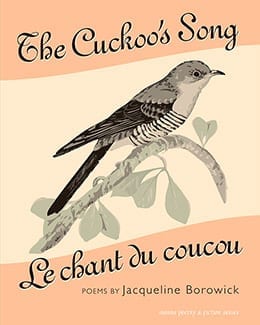
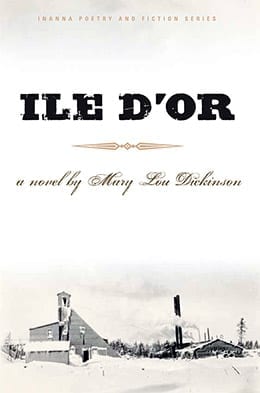
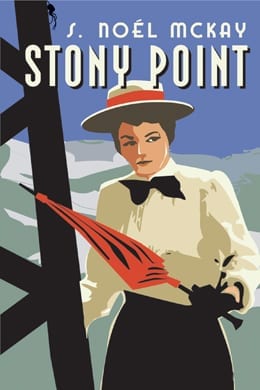
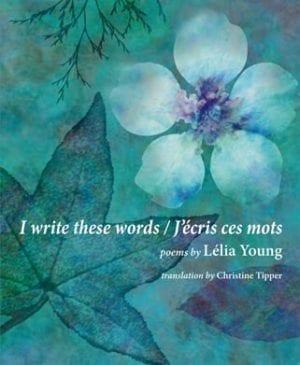
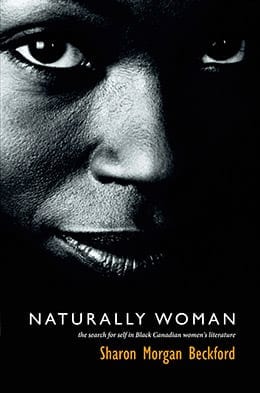
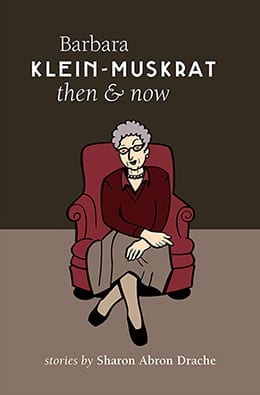
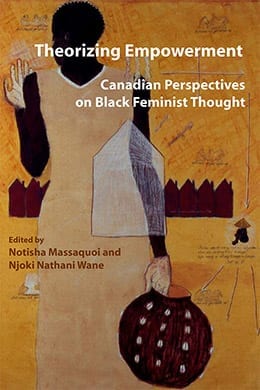
InannaWebmaster –
IT’S A TIME FOR POETRY. Many small publishers are issuing slim volumes of innovative verse. Two such publishers, Vancouver’s New Star, known for radical sound, L.A.N.G.U.A.G.E. and visual poetry; and Toronto’s feminist Inanna, have recently published two solid volumes — completely dissimilar, but for their distinctly high quality.
Justin Lukyn’s Henry Pepper is a series of prose poems describing a period in the life of Henry Pepper, a youthful down-and-outer living in the alleys of Vancouver’s oldest neighbourhood, Strathcona, “full of flophouses…bedbugs, organized crime and capitalist landowners.” Among these, Henry ekes out his existence, wearing gumboots, jumping in puddles, identifying dumpsters and, particularly, telephone poles. The poems center around Henry’s awareness of the telephone poles on the blocks between Clark and Gore Streets, and are numbered to coincide with the pole numbers.
As Henry observes and assesses the poles, so he observes and assesses life in the alleys. The squalor and the territorialism of the community are both jolting and terrifyingly real. Henry explores harsh subjects — defecation, the mess created by endless rain, communal sleeping arrangements, pornography, even the state of his peers’ hands (“These hands have chilblains, stink of booze and show an unsorted caked mixture of urine and semen and stains, dried blood and dumpster guck”) as he tries to find a way out of this life. Only once he accesses the electrical platform on one of the telephone poles, even sleeping up there, does he begin to gain perspective. That perspective leads him out of the alley, perhaps for good, with hope.
Jacqueline Borowick’s bilingual collection The Cuckoo’s Song/Le chant du cuckoo is a series of intermingled stories that explore themes of race, life in an early twentieth-century mining community, and loss of youth. Borowick is good at telling multi-layered stories and it is fun to decipher them; she challenges her readers, which is refreshing, but the links between the stories are not so indecipherable as to be frustrating. Her exploration of the Gold Rush is lyrical and carries the reader along. The poems have a sing-song quality that demonstrates the author’s mastery of sound and rhythm.
This is also the story of a young girl’s background, at times juxtaposed with mining culture. “Browndaddy” is a particularly powerful look at race; “The Banjo Man” takes these issues further.
There is much subtlety in these “stories”—Borowick asks her readers to pay attention, decipher the mystery. “Val d’Or Easter” gives a sense of the particular culture of the time and the town. The poems about plants and birds are less powerful; Borowick’s interlinking stories are better.
The strength of both these collections lies in their subtleties. While the reader must work to understand them, it is rewarding. Both publishers were right to take on innovative manuscripts that challenge us to think beyond our own experiences.
Carolyne Van Der Meer is a Montreal journalist and editor who also teaches in McGill University’s Public Relations program. In addition, her poetry and short fiction have been published a number of Canadian and European literary journals.
Published in Rover An Independent Review of the Arts, December 7, 2008. Reprinted with permission. http://roverarts.com